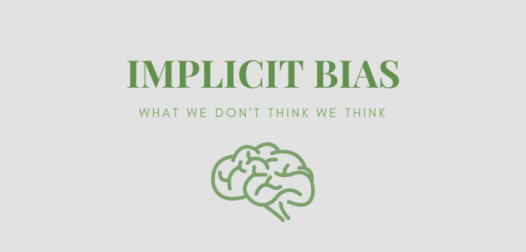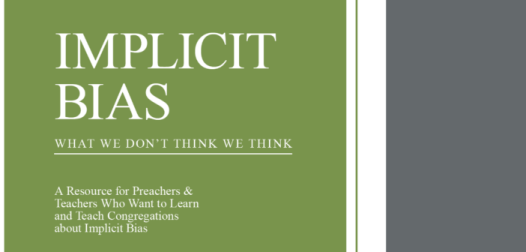Race Implicit Association Test
People don’t always say what’s on their minds. One reason is that they are unwilling. For example, someone might report smoking a pack of cigarettes per day because they are embarrassed to admit that they smoke two. Another reason is that they are unable. A smoker might truly believe that she smokes a pack a day, or might not keep track at all. The difference between being unwilling and unable is the difference between purposely hiding something from someone and unknowingly hiding something from yourself.
The Implicit Association Test (IAT) measures attitudes and beliefs that people may be unwilling or unable to report. The IAT may be especially interesting if it shows that you have an implicit attitude that you did not know about. For example, you may believe that people of all races should be treated equally, but your automatic associations could show that you (like many others) associate one race with more positive attributes than another race.
We hope you find this useful in building your awareness of your own unconscious biases on your way toward being a change agent for racial equity.
In addition to using the Implicit Bias Workbook and/or webinar, you might use this with your leadership team or other small group:
- Have each person take the IAT
- Share the Agenda for the meeting:
- Opening Prayer
- View “From Bias to Belonging”
- Scripture Reading: Romans 12:1-2
- Reflect:
- How does the scripture connect with the idea of implicit bias?
- Share your experience of taking the IAT.
- Why do you think it might be important for us as a church to address implicit bias?
- What might be helpful next steps to help us go beyond bias and into belonging?
- Facilitate the agenda prayerfully and use one of the following guidelines:
Do You Have A Racial Bias?
From Bias to Belonging with Dushaw Hockett


